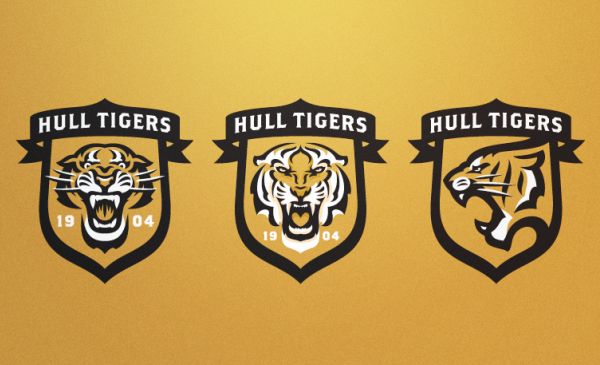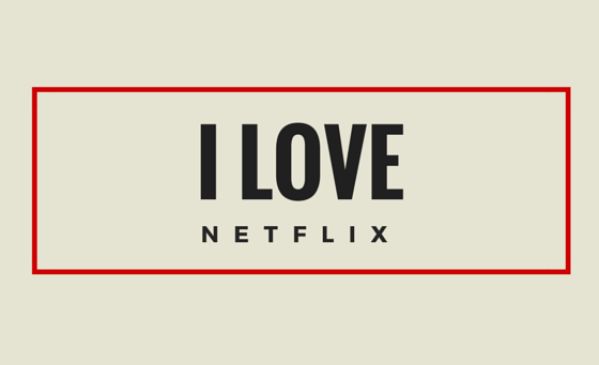I spent many of my early years in marketing in the Middle East for Procter & Gamble and Gillette. It was buying and selling at its most elemental. Each street had its own specialties, its own fragrances, its own community. Sure there was some shouting and jostling, but most exchanges were founded on the intimacy of personal relationships and the attractions of the five senses. Richly fragrant displays, the small service of hot tea, the latest news and the constant hubbub of the bazaar. Irresistible!
Leaving this richly textured world was a wrench. For years I struggled with the blandness of the developed world’s idea of shopping. A ban on the senses, vast ranks of shelves, products precisely stacked. People aren’t made of straight lines. Why, I wondered, were supermarkets?
Then came the digital revolution, and the logjam broke, swamping retailers and manufacturers with demands and choices, needs and niches. The impact of competition can certainly focus the mind when the margins are small and the stakes high. The traditional industries of media, marketing and advertising were caught up in a race of diminishing returns and are still struggling to either lift themselves out into another stream or swim against the current.
Back To The Bazaar
Today there are more than 1 billion people online creating the biggest bazaar the world has ever seen. Add to them a couple billion real-world shoppers, and a new era for communication is taking shape. And what does it remind me of more than anything else? The souk in Casablanca. In this new version, two things matter: what happens on-screen and what happens in-store. In both we can see the shaping of what I refer to in my book “The Lovemarks Effect” as the Attraction Economy.
Millions of words have been written about how to create long-term differentiation and build sustainable value. Some of these ideas have been outed in these pages: the Information Economy, the Attention Economy, the Knowledge Economy, the Experience Economy, the Empathy Economy.
This year will see the emergence of the Attraction Economy. Driven by the fundamental shift in control from manufacturers and retailers to consumers, the future belongs to those who make emotional connections with them.
While the idea of attraction is simple, marketers have devalued it by leaving it to the traditions of showmanship, theme parks and joy rides. They have ignored the nuances of personal attractions, a place where emotion creates intimacy.
Economies need currencies to make ideas and products flow. Human attention was the principal coinage of the Attention Economy; human emotion is what funds the Attraction Economy. Emotion is tough to nail down because its complexities are beyond measure. Just take that at face value. Our facial muscles can move in 10,000 possible combinations to reveal what we are feeling. The Attraction Economy is not “one hit and you’re it.” Attraction demands emotion, but emotion with purpose.
A New Mission
Everyone is obsessed by organization and process, partnerships and protocols. What we really need are creative thinkers, problem solvers and innovators. To me, the real action is around the great attractors — all the stuff that matters to consumers: music and design, games and stores, theme parks and events, hotels and entertainment.
The emerging Attraction Economy opens up a new world for consumers, marketers, advertisers, telcos, publishers, retailers, game designers — all of us. The emotion at the core of what we do can draw us together and release us from the traditional silos that have kept us apart.
What counts is being responsive to what people value and desire. No one wants to be part of an industry that force-feeds people stuff they don’t need. Let’s all help to offer exciting and attractive choices that make a difference in people’s lives.
The Blake Project Can Help: Accelerate Brand Growth Through Powerful Emotional Connections
Branding Strategy Insider is a service of The Blake Project: A strategic brand consultancy specializing in Brand Research, Brand Strategy, Brand Growth and Brand Education





One comment
petar
March 6, 2007 at 3:02 am
You should visit john grant’s blog, brandtarot. he recently also posted about a bazaar like aproach to branding and customer experience.
Comments are closed.